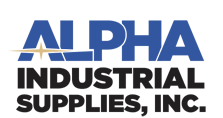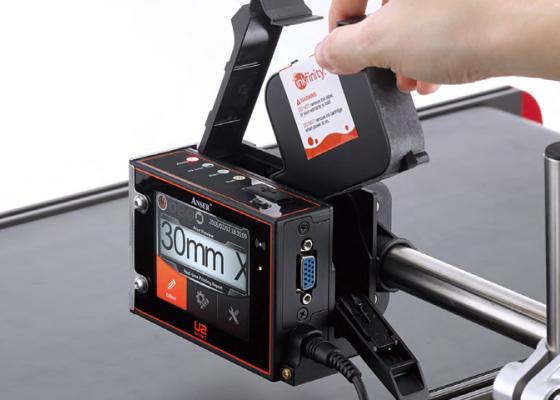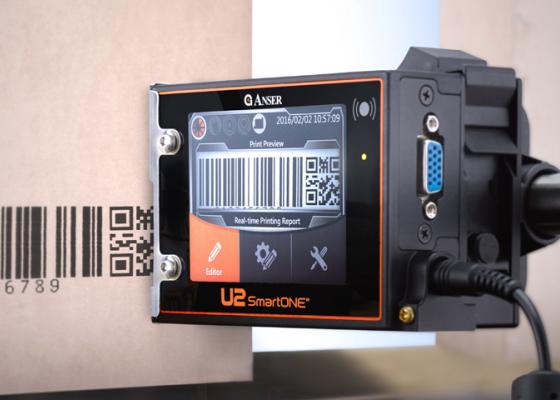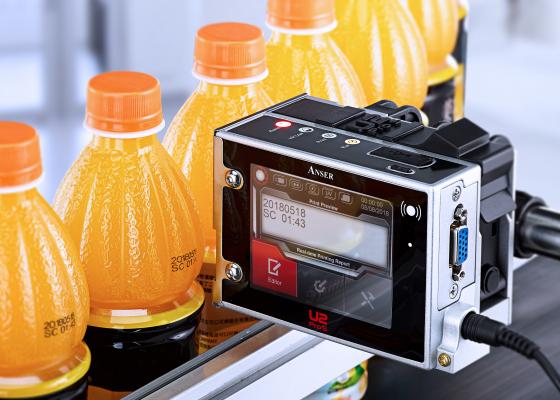Today’s Anser U2 printers can code a wide variety of substrates with industrial strength. When TIJ printers were first introduced to the market in the early 1980s, their applications were limited to only certain substrates such as paper and cardboard. Speed was generally capped to around 30 m/minute.
Now, thermal inkjet technology has evolved to the point where certain models have industrial capabilities. Machines like the Anser U2 for water-based and the U2 Pro-S can use both solvent-based ink and water-based ink, allowing a single printer to print:
Non-Porous Substrates: including metals, varnished woods, plastics.
Semi-Porous Substrates: including concrete, plaster, coated paper, waxed surfaces.
Porous Substrates: including cardboard, paper, untreated woods, sponge.
Operating speed has also evolved. The average TIJ printer can operate at a speed of around 100 m/minute, meeting many of the line needs for small and medium-sized businesses. Additionally, industry-leading models like the Anser X1 are now achieving speeds as high as 300m/min—a printing speed that was previously only possible with a CIJ printer.
The versatile nature and industrial-strength capabilities of TIJ printers have made them useful for a wide range of industries, including:
Food Packaging
Beverage Bottling
Personal Care Product/Cosmetic Packaging
Chemical Packaging
Pharmaceutical Packaging




